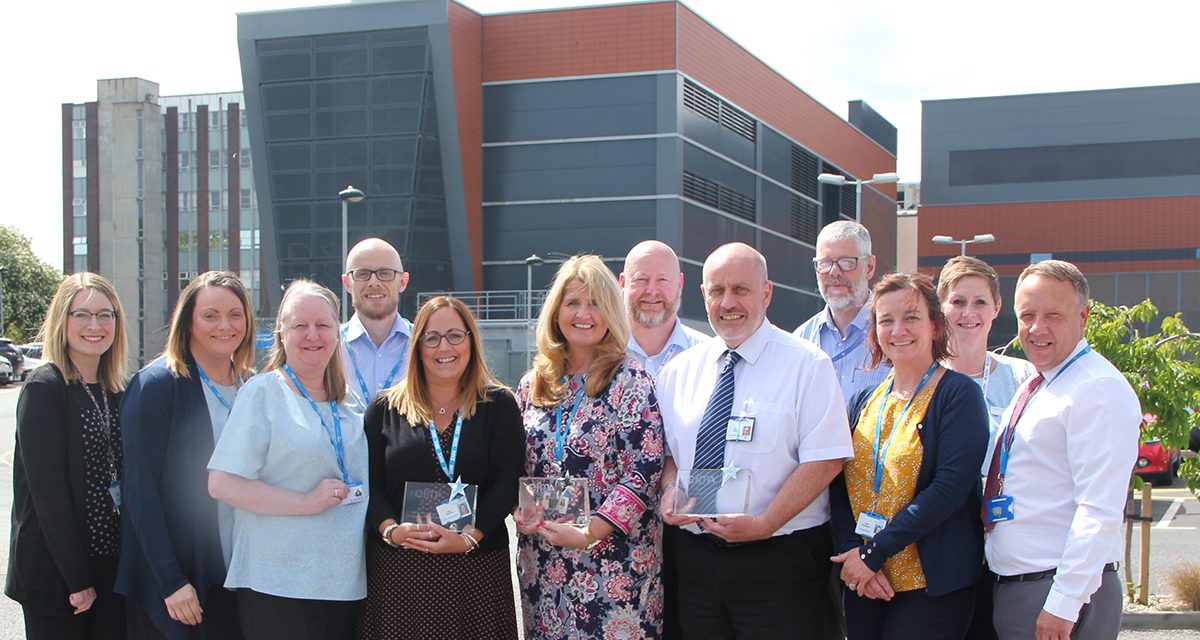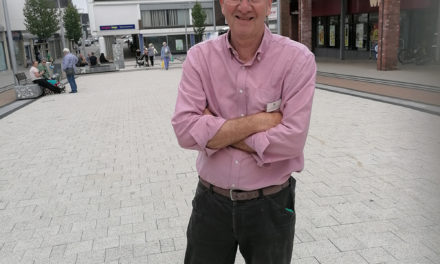Generous staff working at an NHS trust, who won three national awards, have donated their £1500 prize money to the chemotherapy appeal at University Hospital of North Durham.
Under the management of Alison McCree, the estates, facilities and procurement team at Darlington Memorial Hospital won both the ‘Efficiency & Improvement’ and ‘Team of the Year’ categories of the annual national Health Estates and Facilities Management Association (HEFMA) awards. Alison was also named ‘Leader of the Year’.
Alison explains, “Winning in three categories at these prestigious awards demonstrates how impressive the quality of the team’s work is. Each category comes with a £500 prize and I was very touched when the team decided to donate their prize money to the Appeal to expand the chemotherapy day unit at University Hospital of North Durham. For personal reasons, the day unit is dear to my heart and I had no hesitation in donating my own prize money too. I feel very fortunate to work with such generous people and am enormously proud of them. This donation exemplifies the qualities that won the awards in the first place.
“There are 650 members of our team who are largely based behind the scenes in support roles, including porters, domestics, drivers, caterers, telephonists, purchasing and logistics staff, sterile services technicians, medical engineers and estates staff. Their skills and commitment are an essential part of delivering a safe clean environment to underpin excellent patient care in the right place at the right time. Each of these awards reflects the work done by the whole team.”
The Trust’s charity manager, Pat Chambers, said, “We are overwhelmed and very grateful for this very thoughtful and generous donation. Unfortunately, the current chemotherapy day unit has become much too small for the number of patients who use it. Earlier diagnosis, screening programmes for cervical and other cancers plus advances in treatments, combine to ensure there’s huge demand for the services of the unit’s team. Patients have to sit very close to each other with very limited privacy and due to the lack of space, can only have a friend or relative with them during their first treatment session.
“Colleagues and patients are involved in designing a unit fit for the future which will ideally feature a larger waiting area, consultation and treatment rooms, spaces for specialist treatments, a garden, plus storage and staff areas.”











